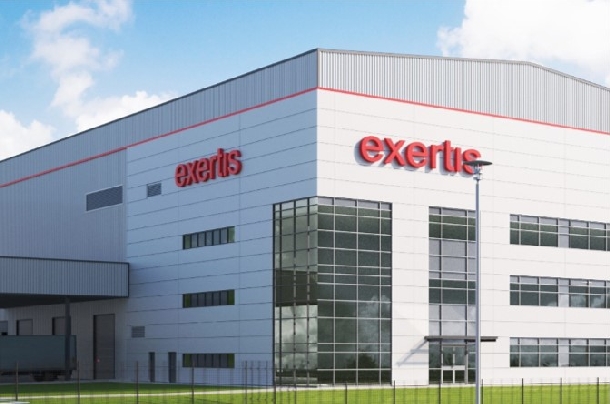 Security companies have seen their share prices rise sharply amid expected increase in spending on IT security after the WannaCry hack
Security companies have seen their share prices rise sharply amid expected increase in spending on IT security after the WannaCry hack
The ransomware attack that disrupted the NHS and businesses around the world has led to a boom in share prices of cybersecurity companies – even the firm used by the health service to protect it against hackers.
Governments and companies expected to increase spending on IT security after being caught out by the attack, cybersecurity firms have seen their stock market values climb sharply over the past two days.
Sophos, a cloud network security specialist which counts the NHS among its clients, have jumped by about eight percent. Of course, it had to make a few changes. The claim on the company’s website that “the NHS is totally protected with Sophos” was changed to “Sophos understands the security needs of the NHS”.
Last week, the company tweeted its “top five tips for securing NHS organisations”. But its shares have been performing well over recent months because of the increased need for cyber defences.
NCC group added five percent to its share valuation and cyber consultancy group ECSC surged 42 percent. ISE, a fund invested in cybersecurity businesses, added nearly four percent.
All this is because corporates have suddenly woken up to the fact that they need to spend some cash on IT security and it is probably a daft idea to keep all those Windows XP machines running for the great unwashed while top execs get Microsoft Surfaces.
Sophos already gives services to the healthcare industry and is looking to increase selling to the sector in the aftermath of the attack.
FireEye’s prices have risen seven percent, Symantec up more than three per cent and Palo Alto Networks 2.7 percent.
The success of the WannaCry hack could make other attacks more likely in the future amid doubts over governments’ ability to secure “cyberweapons” from theft.



















